For those in the hospitality industry trying to run a successful hotel, a robust revenue management strategy is of the utmost importance, and a property management system (PMS) can assist greatly. In this article, you will find the uses of a property management system and read five tips to help you select the right one.
Table of Contents:
- What Is a Property Management System?
- Why Is a Property Management System Important?
- 5 Tips On How to Choose a Property Management System
- More Related Articles
What Is a Property Management System?
In simple terms, a property management system, or PMS for short, is an all-in-one software solution that assists hotel industry employees with core tasks like sales, planning, and other day-to-day operations. In modern hospitality, these software solutions have largely replaced traditional paper-based methods. According to the Global Hotel Property Management Software Market Report by Research and Markets, the global hotel property management software market size is projected to reach $14.71 billion by 2030.
Although PMS solutions vary in their precise features, they typically allow hotel leaders and other staff to manage room reservations, restaurant bookings, and basic accountancy information. Moreover, most property management systems allow leaders to track key performance metrics, like ADR and RevPAR.
Video: What Is a Property Management System?
Why Is a Property Management System Important?
The use of property management systems within hotel management has grown significantly over the past decade, especially since cloud technology became mainstream. There are a number of key benefits to using a PMS, including the ability to easily manage your calendar, resulting in fewer double bookings or costly errors.
A property management system will allow staff members to quickly carry out many essential tasks while automating some of the more mundane administrative elements. With so many hotels opting to use a PMS, those who choose to rely on manual management processes are putting themselves at a competitive disadvantage.
Table: Benefits of a Property Management System
5 Tips On How to Choose a Property Management System
With many different PMS solutions on the market, each offering slightly different features, selecting the right one for your hotel is important. Below are five tips to assist you with your decision-making process.
1. Carry Out a Needs Assessment
The first step when choosing a property management system is conducting a needs assessment and precisely establishing your requirements. To do this, you need to consider your various operations, processes, functions, and distribution partners, as well as the desirable features of the software itself.
Once you have created a list of your needs and the requirements for your property management system, you should also place each need in order, based on overall importance. This can then serve as a list of priorities to search for when seeking your PMS solution.
2. Establish a Clear Budget
Before you begin the process of choosing your property management system from the various options, you need to work with the finance department and establish how much money you have to spend. Of course, you may find a PMS that is within your budget, but knowing how far you can stretch is important.
When deciding on a budget, those in the hospitality industry need to consider the licensing costs associated with the property management system, the costs associated with setting up the system, and those associated with training staff members. After the budget has been established, stick to it.
3. Find a PMS With a Booking Engine
Revenue management is an important concept within the hotel industry, and facilitating direct bookings is key because direct bookings maximize earnings by eliminating commissions being paid to third parties. According to the Digital Hotel Operations Study by H2c, one-third of bookings are done via direct channels. Therefore, it is crucial that hotels make this booking option as convenient as possible.
While those in hospitality want direct bookings, customers will tend to book based on price and ease of use. For this reason, when assessing the different PMS options on offer, it is imperative that you opt for one that includes its web booking engine and that the booking engine itself is both reliable and user-friendly.
4. Learn About the Support Provided
Next, you need to find out about the level of support offered by your property management system provider. If something goes wrong with the system, if your staff is having problems using it, or if new features are added that require explanation, you need to know you can rely on them to help.
When assessing the level of support, you need to think about the following: how is support provided? Is there support for your language? Are there online tutorials available? Can you speak to a live agent? What days and times can they be reached? Is there any provision for in-person training?
5. Read Reviews From Real Customers
Finally, it is important not to take providers’ word about their PMS solutions simply. Instead, you should conduct independent research on their products and determine what their existing users or customers say about them.
Check online reviews, look at their social media accounts, and get a feel for people’s experiences with them. If you only see negative feedback, complaints about customer support, or an abundance of software issues, it may be sensible to look elsewhere instead.
Property Management System FAQs
A high-quality property management system (PMS) can be extremely useful in assisting hotel owners and leaders implement a robust revenue management strategy. By following the five tips above, you should be able to find a PMS solution that suits your hotel’s specific requirements.
Did You Like This Article About Property Management System?
You might also be interested in the following articles:
- PMS System: What Are the Most Important Features?
- Hotel Management Software Solutions Every Hotel Needs
- Hotel Distribution Channel Manager: What Are the Advantages?
- Revenue Management System (RMS): What Are the Advantages?
- Hotel App: Optimise Your Guest Communication, Experience & Revenue
- Hotel Management Software: What Are the Benefits for Hotels?
- RMS System: An Overview of the Most Important Features
- PMS Software: Which Software Integration Should a PMS Have?
- Hotel Software: The Most Important Software Solutions for Hotels
More Tips to Grow Your Business
Revfine.com is the leading knowledge platform for the hospitality and travel industry. Professionals use our insights, strategies, and actionable tips to get inspired, optimize revenue, innovate processes, and improve customer experience.Explore expert advice on management, marketing, revenue management, operations, software, and technology in our dedicated Hotel, Hospitality, and Travel & Tourism categories.

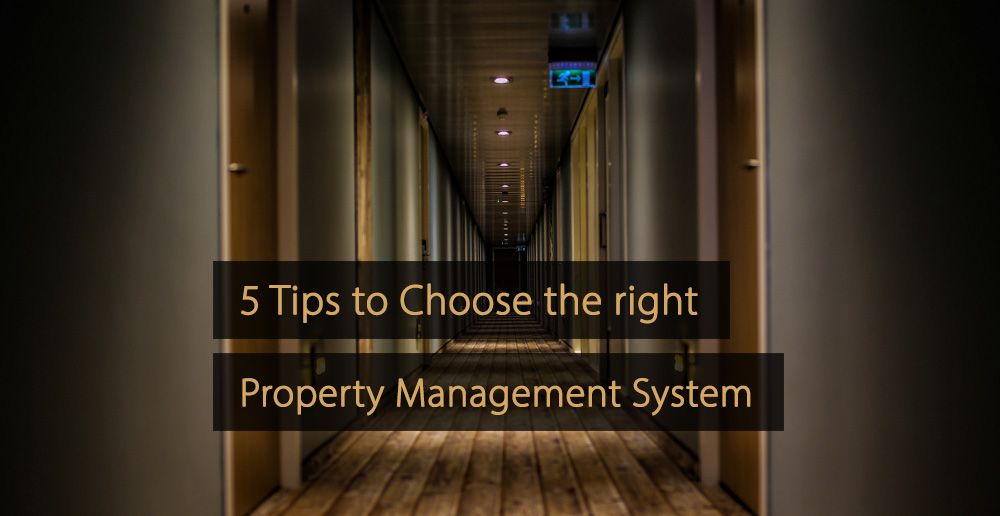
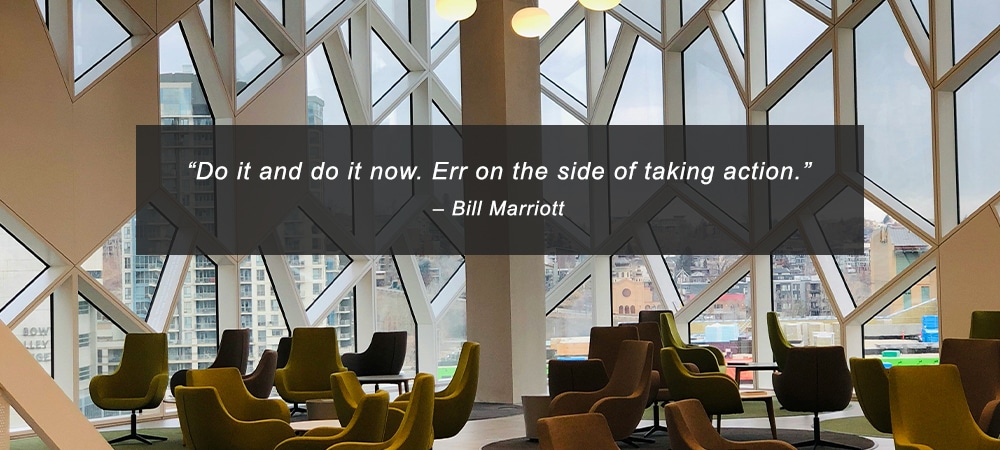
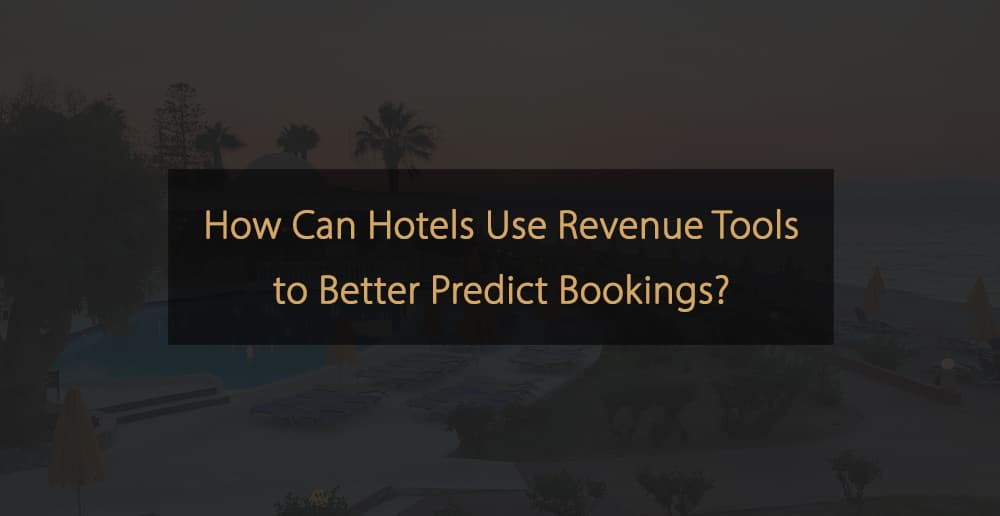
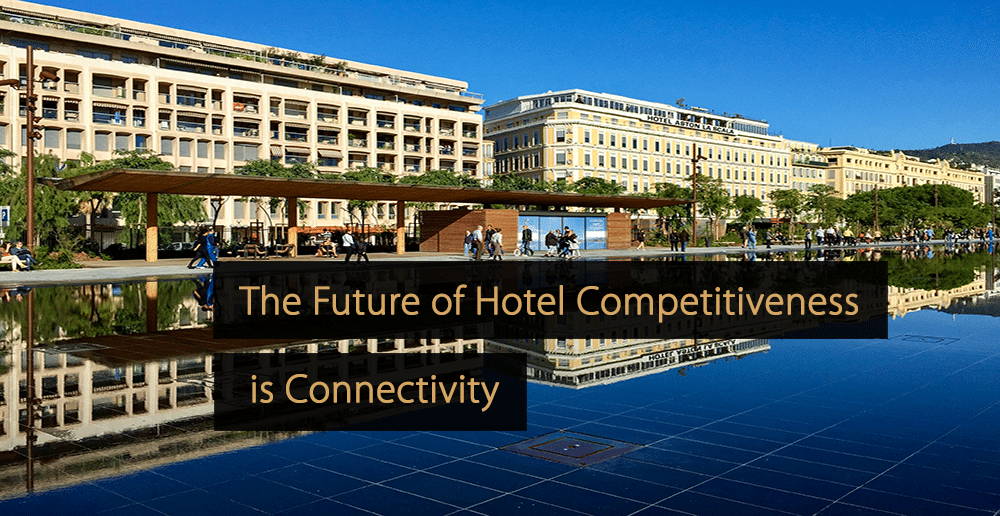
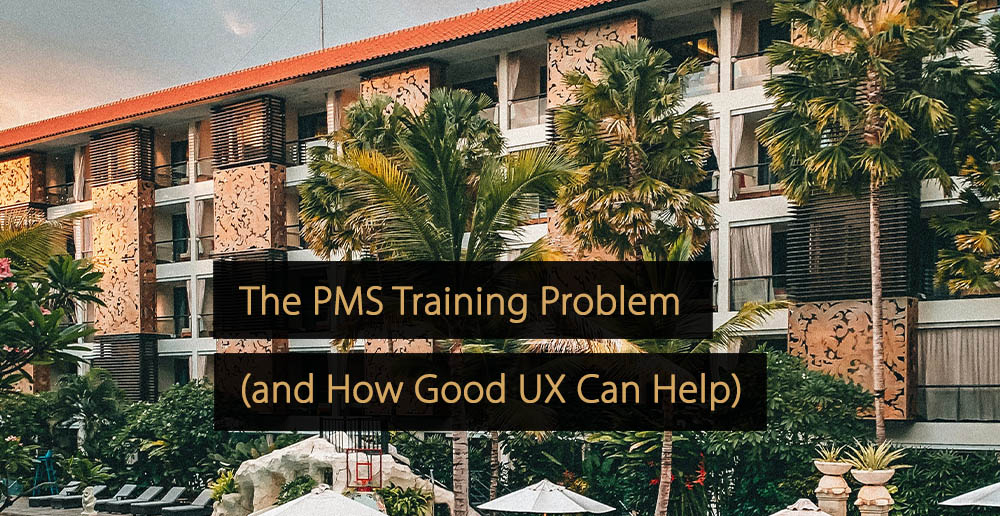
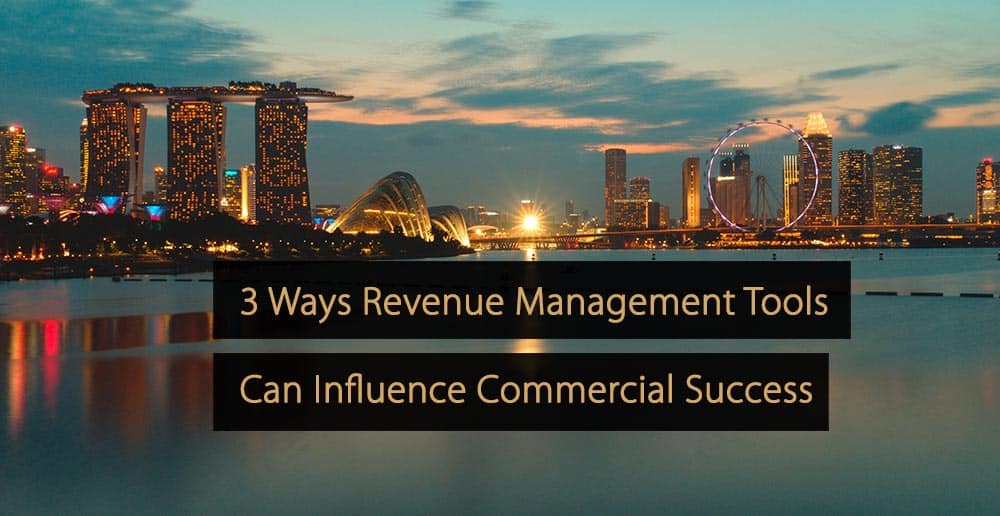
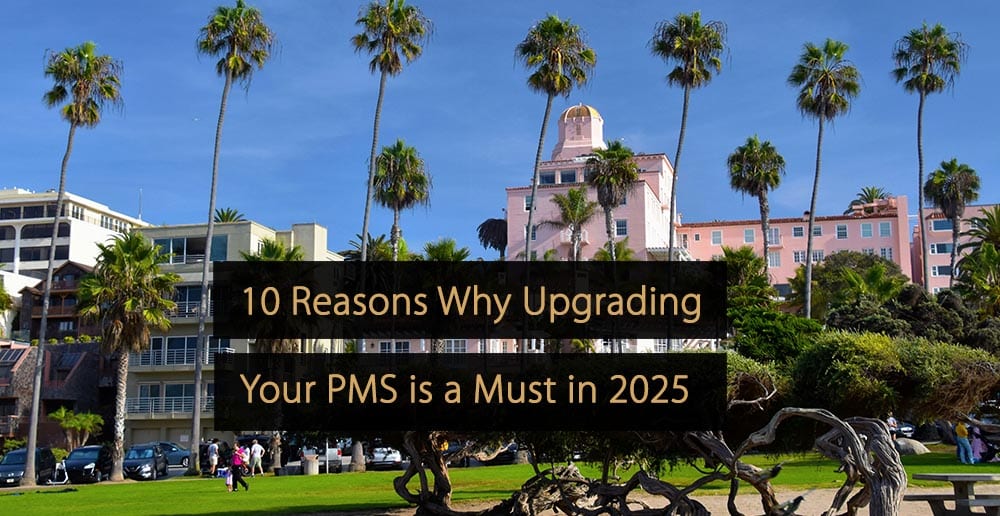
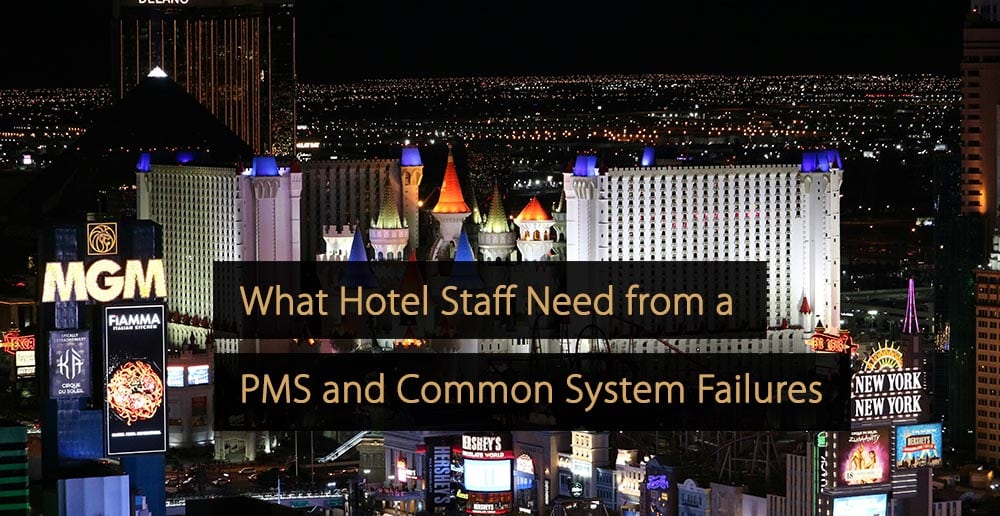
This entire post absolutely Rocks! Thank you for all the hard work you put into it. It really shows.
Very helpful tips about choosing the right property management system. Thank you for sharing the helpful post.
At the moment, we are in the process of selecting a property management system. Thank you for this informative article, highly apprciated.
Thank you for sharing this helpful information about selecting a PMS.